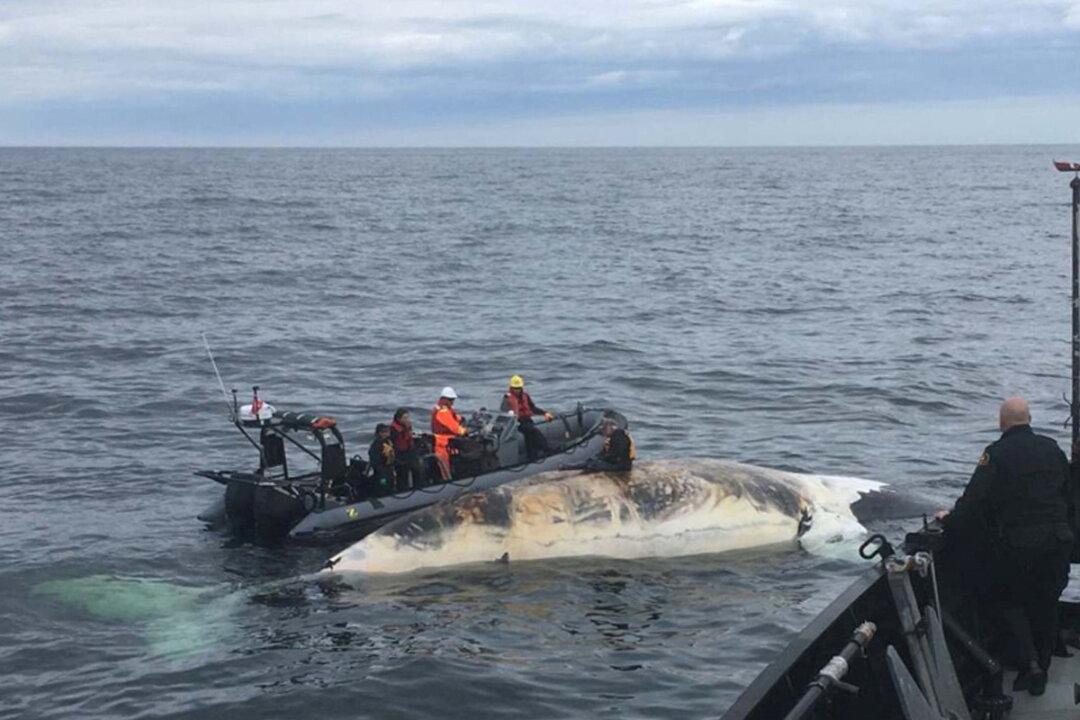Fisheries and Oceans Canada (DFO) officers from British Columbia will be departing for their first mission in the Indo-Pacific region to challenge illegal, unregulated, and unreported (IUU) fishing.
“This illegal activity is a major contributor to declining fish stocks and marine ecosystem destruction around the globe, and it undermines the livelihoods of legitimate fish harvesters everywhere, including here in Canada,” said the department in a July 24 news release.





